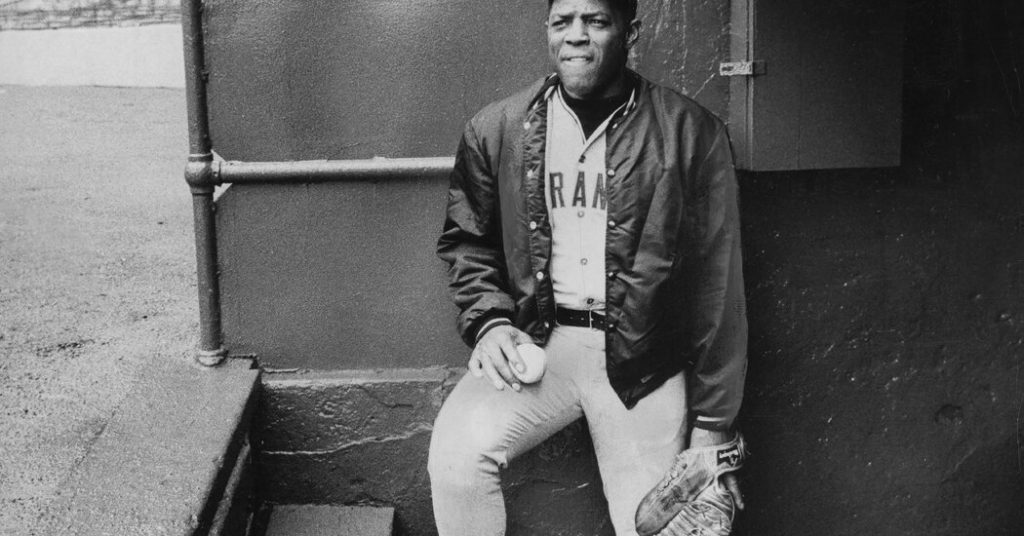Willie Mays had an exceptional baseball career, hitting 52 home runs in 1965 and becoming one of the only players to hit at least 50 home runs in a single season more than once. In 1966, he surpassed the National League record for home runs set by Mel Ott. As he approached age 40, Mays’ playing style changed, becoming more withdrawn and cautious. He faced personal challenges, including a painful divorce after marrying and adopting a child.
In 1972, with the Giants’ attendance declining, owner Horace Stoneham traded Mays to the Mets for a minor league pitcher to provide him with financial security. Mays had been in the final year of a two-year contract paying him $165,000 a season. Joan Payson, the Mets’ president and a fan of Mays, guaranteed him a 10-year, $50,000 annual payment apart from his baseball salary, with the intention for Mays to be a good-will ambassador and part-time instructor after his playing days ended.
Despite his age and declining skills, Mays made an impact with the Mets, hitting a home run in his first game with the team in 1972. However, by 1973, he was hampered by injuries, including swollen knees, an inflamed shoulder, and bruised ribs. On September 20, 1973, Mays announced his retirement from baseball at age 42. He left behind a legacy as one of the greatest players in the history of the sport, known for his exceptional hitting and outfield skills.
Mays’ career was not without challenges, including personal struggles and changes in his playing style as he aged. Despite these obstacles, he remained a respected figure in the baseball world, continuing to contribute to the sport even after his playing days were over through his work as a good-will ambassador and instructor. His impact on the game and his enduring legacy as one of the all-time greats are remembered and celebrated by fans and players alike.
Throughout his career, Mays earned numerous accolades and achievements, including All-Star selections, Gold Glove awards, and multiple MVP honors. His contributions to the Giants and the Mets, as well as his impact on the game of baseball as a whole, solidified his place as a legend in the sport. Despite the challenges he faced in his personal life and the changes in his playing style, Mays’ talent and passion for the game remained undiminished, leaving a lasting legacy that continues to inspire future generations of baseball players and fans.


